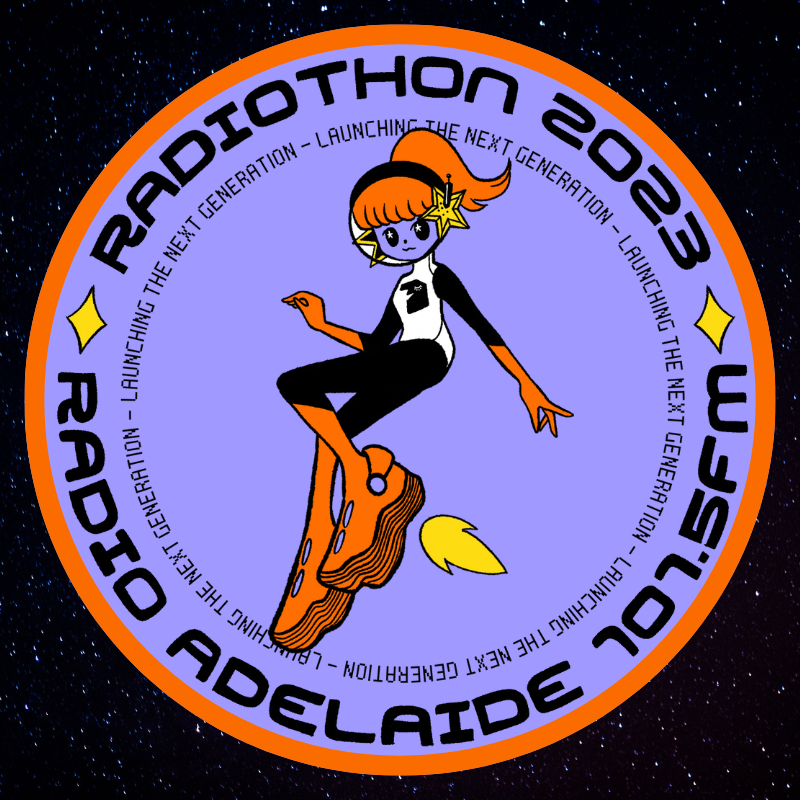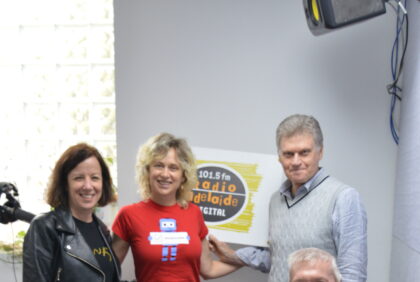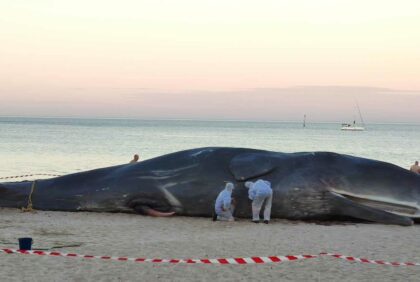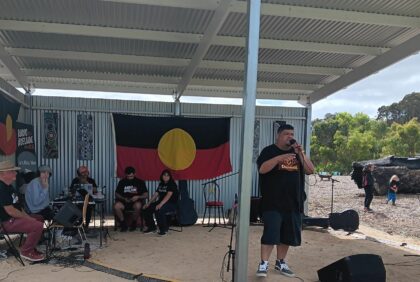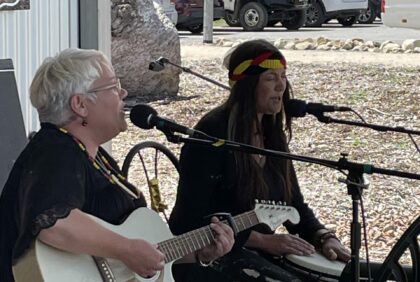Cashless Debit Card – a first-hand experience
Posted on: Fri 16 Mar 2018
This week’s Paper Tracker program focuses on the Cashless Debit Card, which is part of the Federal Government’s income management strategy.
The Federal Government’s Department of Social Services introduced the Cashless Debit Card which limits the amount of cash available to people who are on income support. 80% of people’s welfare payments are paid into a debit card account, managed by a company called Indue. The Card cannot be used for alcohol or gambling and you can’t withdraw cash from the Card. People on the Card can only access 20% of their welfare money in the form of cash.
The Card was introduced in the Ceduna and Far West Coast of South Australia in March 2016, and in the communities of Kununurra and Wyndham in Western Australia in April 2016.
It was only supposed to be introduced as a twelve month trial, but the trial has been extended and in early 2018 it was expanded to a third location in the Goldfields region, including Kalgoorlie-Boulder, Laverton, Leonora, Coolgardie and other areas.
There has been a blanket and mandatory approach to the implementation of the Card – everyone who gets income support has to be on the Card, with the exception of people who receive the Age Pension or Veterans’ payment. Even if you don’t drink or gamble or use drugs, you have to be on the Card.
In previous Paper Tracker radio shows about the Cashless Debit Card, we’ve interviewed Minister Tudge; community members who’ve been affected by the trial of the Cashless Debit Card; and Eva Cox who is a social policy researcher and academic who is focusing on the Cashless Debit Card.
In this program we talk with Ms Bev Walley who lives in Kununurra in Western Australia and who has first-hand experience of what it’s like to be on the Cashless Debit Card. Bev talks about how the Cashless Card was introduced into Kununurra and the extent of the community consultation; the way in which the evaluation of the Card was conducted; the Community Panel and the difficulties with reviewing the quarantined amount on the Card; the level of community and leadership support; whether the Card is showing any success in terms of reducing crime, alcohol consumption and gambling; and the impact of the Card on her own life and on the lives of people living in Kununurra.
If you are interested in reading more about the Cashless Debit Card, you might like to read the paper that was presented by Uniting Communities at the recent Cashless Debit Card Symposium that was held by the University of Melbourne on 1 February 2018. The focus of the paper was on the way in which the Trial of the Cashless Debit Card was evaluated . You can read the paper here.


